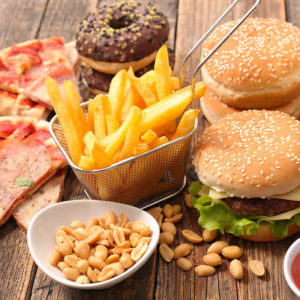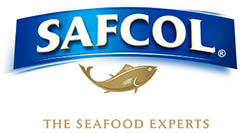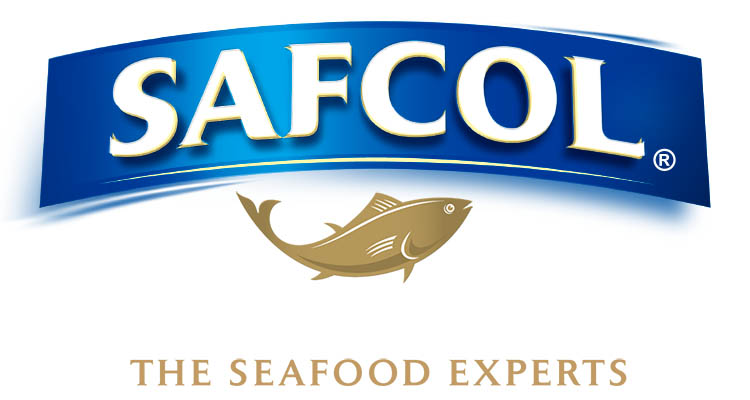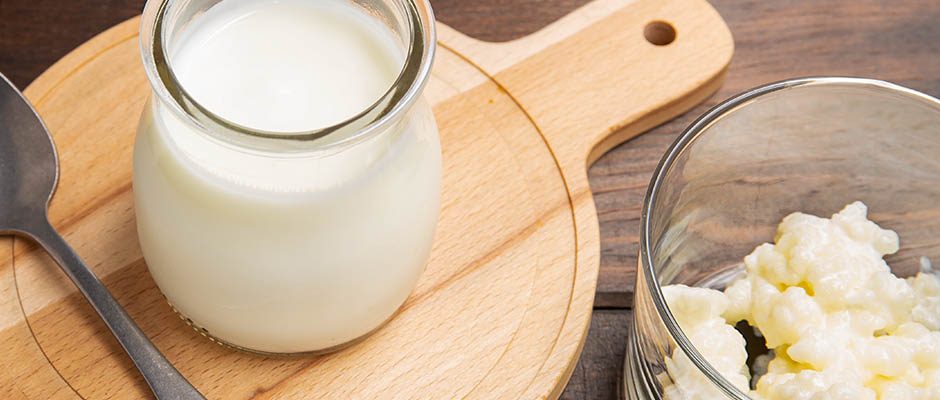by Ashleigh Feltham
Accredited Practising Dietitian and Accredited Nutritionist
You are probably aware that there are a lot of foods which are processed. Recently the term ‘ultra-processed’ has been thrown around more in the media. This article aims to give clarity to what they are, and if and why you should avoid these foods.
Firstly, there are levels of processing in foods and in many cases, this can often make food healthier and safer. Examples are pasteurization of milk or fermentation in yoghurt. There are 4 groups of processing to help you understand and be able to make your own educated judgement on how often, if at all you should eat processed food.
Group 1 – Unprocessed or Minimally Processed Foods
 | There are two subgroups in this category: Unprocessed Food - Quite literally the edible part of the plant. If you were to pick an apple from the tree, this is unprocessed food. Minimally Processed Food - A food which has had small alterations to help prevent spoilage, keep the food safe to eat and improve taste for example pasteurization, chilling, boiling, non-alcoholic fermentation and freezing. |
Group 2 – Processed Culinary Ingredients
 | These are foods from group 1 which make seasonings and oils. They may be processed by grinding, refining, milling, and drying. Antioxidants and preservatives may be added here. |
Group 3 – Processed Foods
 | These foods are made by combining groups 1 and 2 to enhance their flavours and make you want to eat more of the food. This is where Safcol products sit. Safcol's seafood range has been processed in a way which is still highly beneficial and recommended to be consumed for your health. |
Group 4 – Ultra-Processed Foods
 | Group 4 foods are different from the 3 groups above because they are created from a base, not of whole food, but from industrial ingredients composed together. This group also includes whole food that have not been completely deconstructed. Ultra-processed foods are often cheap to make, have great palatability (making you want to keep eating it) and often have an extended shelf life. This includes soft drinks, biscuits, hot dogs, instant soups and noodles, as well as a lot of fast foods like hamburgers, nuggets, and chips. Adding flavour enhancers, colours and artificial sweeteners seal the deal of desire by improving the smell, look and taste even further. |
Did you know that once fibre is added it becomes ultra-processed?
Added fibre, such as inulin, affects your body differently from the fiber naturally found in the food. This is also true for fructose, which is seen naturally in fruit and is naturally healthy, however, it is not healthy when fructose is added in as an added sugar.
There have been studies that suggest that artificial sweeteners can have harmful effects on your gut bacteria. The inclusion of nitrosamines and acrylamide in some ultra-processed foods have been linked to an increased risk of cancer.
Other harmful factors are due to unhealthy processing methods like hydrogenation. This process creates a trans-fat which has a negative effect on your cholesterol. The addition of excessive added sugar and salt has a negative effect on your waistline, blood sugar and blood pressure. Ultra-processed foods are high in energy because the water which often makes a large part of whole food is removed to minimal levels.
You may think it does not matter if all the parts of the food are identical, the same calories, macronutrients, sugar, fat, salt and fibre. However, one study reported this is not the case and compared two groups over 14 days, one eating a whole food diet and the other an ultra-processed food diet. The ultra-processed food group ate more food, faster and ended up putting on more weight.
Ultra-processed foods are foods and drinks which are super palatable to consume with the addition of high amounts of additives, flavours, colours, emulsifiers, cosmetic additives, sugar, fat, and salt and removed from the original food source. Think processed meats, sauces, soft drinks, McDonald’s chips or white bread.
One of the suggested reasons behind the overconsumption of ultra-processed foods is the fact they lack types of fibre including resistant starch which is found in whole grains. This type of fibre feeds the good bacteria in your gut, and when they do not get fed, they send signals from your gut to your brain to keep eating more!
The bad news does not end there, as more and more evidence is mounting against the harm ultra-processed foods can cause your body. Research is saying that ultra-processed foods increase the chances of heart disease by 10%-13%. Another study found those who ate or drank more than 4 servings of ultra-processed foods compared to less than 2 servings a day had a 62% increased risk chance of dying.

Take control
The supermarkets are all about making money and will place these ultra-processed foods where you can clearly see them and in your face frequently in your shop. Think to the last time you were doing your grocery shopping. You were likely bombarded with sweets, chocolates, and chips at the end of every aisle and at the cash register. This is clever marketing but does not promote health.
To outsmart this system, make sure you never go to the supermarket hungry. Try eating a can of Safcol Tuna in Springwater with 2 whole-grain rice cakes and ¼ avocado for a mix of healthy fat and fibre to keep you satisfied. Secondly, make a shopping list and stick to it.
When you buy food, check the ingredients list. Do you recognize the main ingredients – oats, rice or corn? Is the list of ingredients a mile long? Aim for the shortest ingredients list. You may be surprised to know that a higher health star rating does not always mean better nutrition quality. In fact, there are many 4 or 5 health star ratings which are considered ultra-processed.
And finally, learn to love your kitchen again. Learning to cook and prepare food can allow you to take control over what you eat. Cooking and preparing from whole based foods allow more control over the ingredients you choose in your meals. Check out the range of delicious and nutritious recipes on our website.
Take home message
There is no need to fear ultra-processed foods, but they should be a treat rather than an everyday staple. If you eat ultra-processed foods as a staple in your day and week there will likely be poor health outcomes. Saying this, keep enjoying your Sunday treat as all foods should be enjoyed and are not always just for nutritional benefits.
Reference:
- Hall KD, Ayuketah A, Brychta R, Cai H, Cassimatis T, Chen KY, et al. Ultra-Processed Diets Cause Excess Calorie Intake and Weight Gain: An Inpatient Randomized Controlled Trial of Ad Libitum Food Intake. Cell metabolism. 2019;30(1):226.
- Lawrence Mark A, Baker Phillip I. Ultra-processed food and adverse health outcomes BMJ 2019; 365 :l2289
- The NutriNet-Santé Study. A Web-based Prospective Cohort Study of the Relationship Between Nutrition and Health and of Dietary Patterns and Nutritional Status Predictors. 2019.














Comments are closed.